Wisdom teeth do not grow back once they are completely removed, because permanent teeth have no ability to regenerate. If you feel pain, pressure, or a new bump after wisdom tooth extraction, it is often due to extra teeth, retained fragments, or healing changes, and you should consult a dentist like Buford Dentist to confirm the cause.
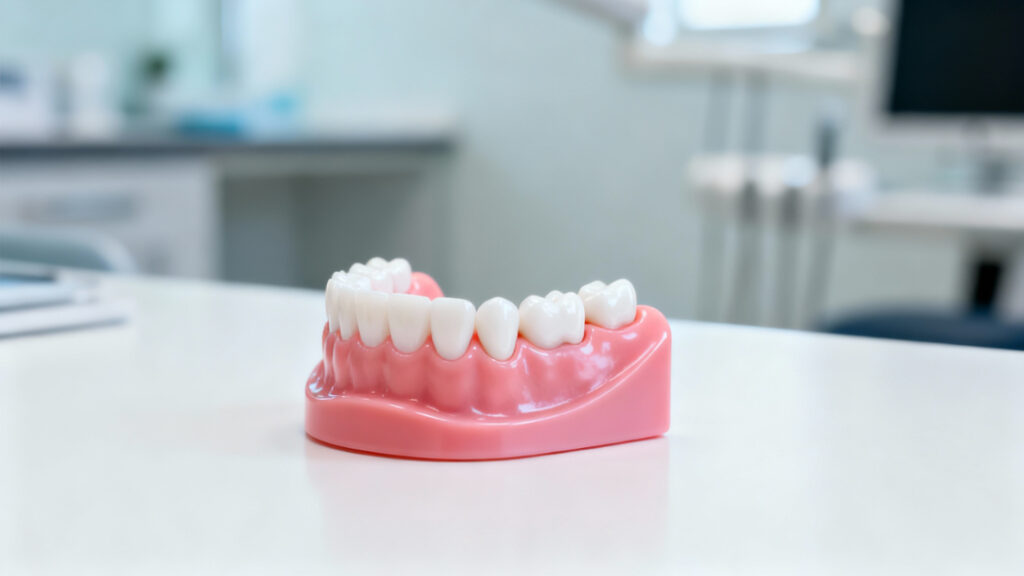
Wisdom teeth are the third set of molars. They typically appear between ages 17 and 25. These teeth are considered vestigial, meaning they once had a purpose for our ancestors who needed them to grind tough foods but have little use today.
Anatomy of wisdom teeth includes:
Wisdom teeth are permanent teeth, not like baby teeth. Once removed, they do not come back.
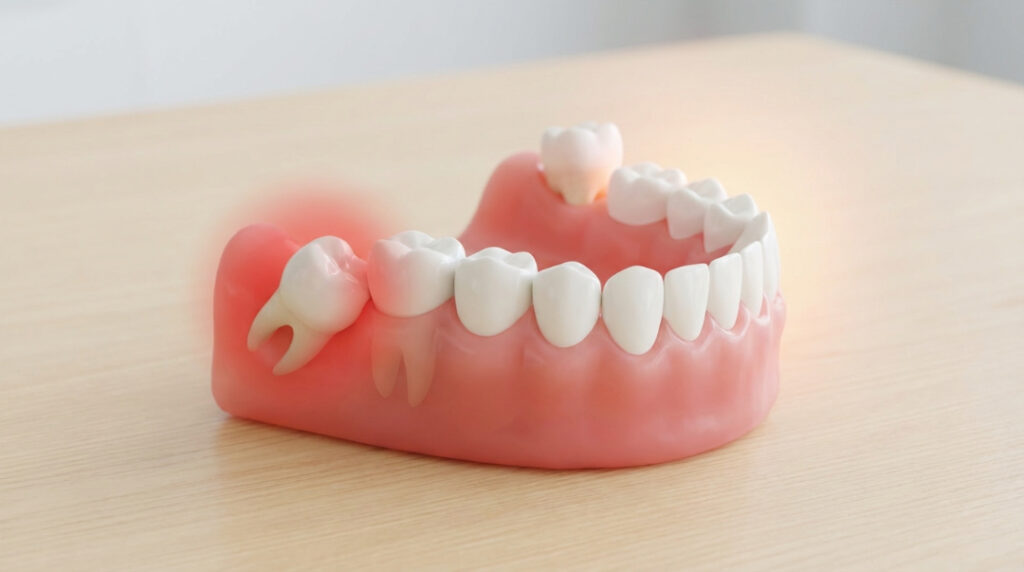
Dentists and oral surgeons recommend removal in many cases.
During a tooth extraction, the entire tooth and its roots are removed. Complete removal prevents the chance of regrowth.
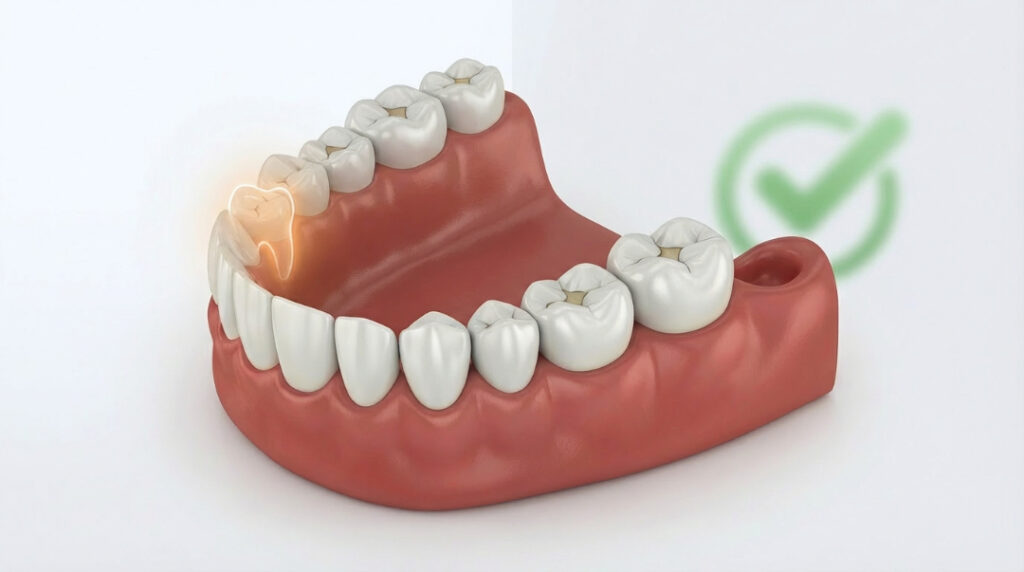
The short answer is no. Permanent teeth do not regenerate. Unlike baby teeth, once wisdom teeth are taken out, the body does not replace them.
What people think is regrowth often includes:
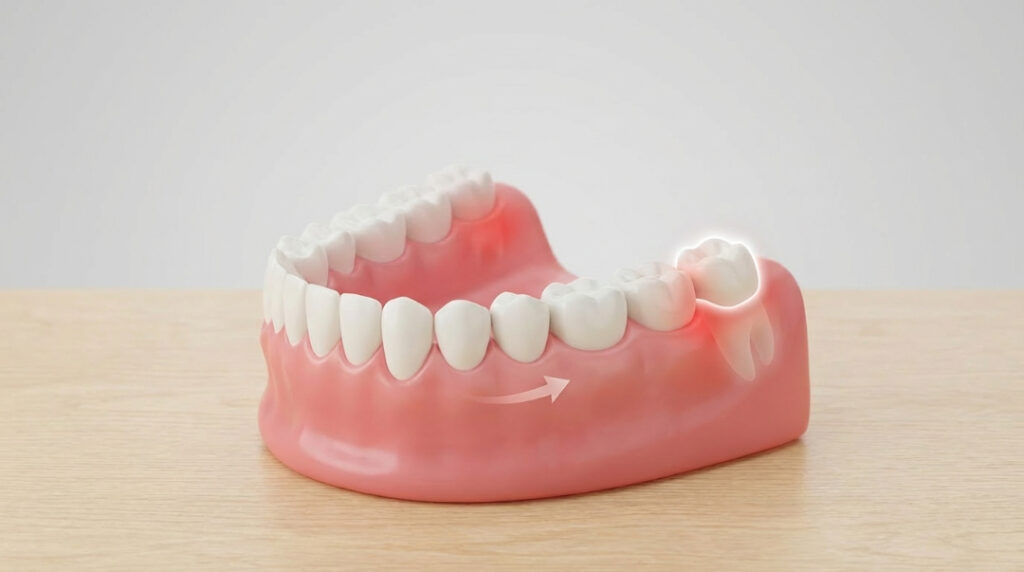
After removal, patients sometimes feel sensations in the area that lead them to believe a tooth is growing again. Common reasons include:
These experiences can mimic tooth regrowth but are not evidence of new wisdom teeth forming.
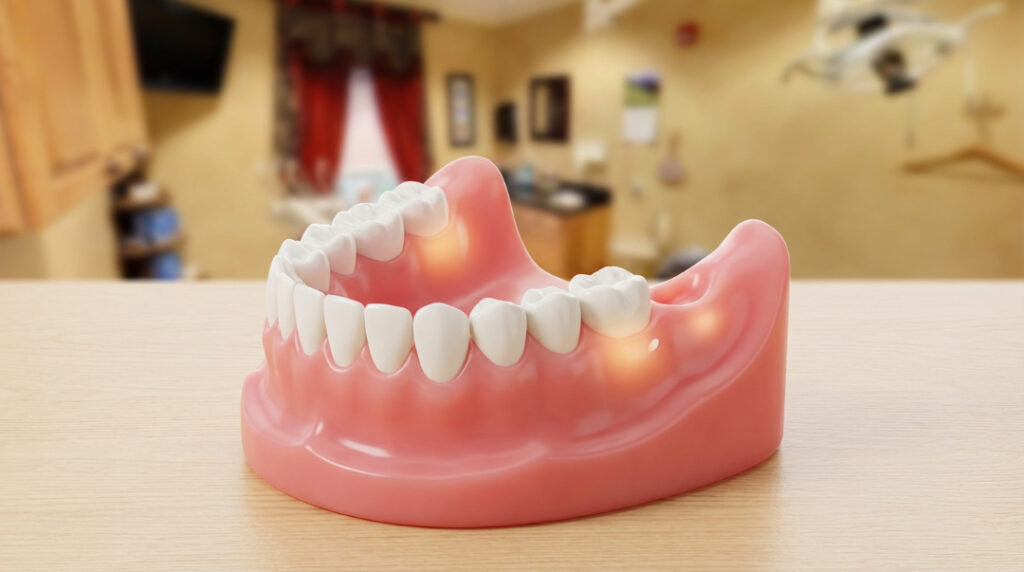
Several dental conditions can explain why people feel like their wisdom teeth are coming back.
Some people have extra teeth due to genetic factors. Studies suggest this occurs in less than 4 percent of the population. These teeth may erupt years after wisdom tooth removal.
If small pieces of the tooth or root remain after surgery, they can move closer to the surface later. This creates the sensation of a tooth returning.
During healing, bone can form sharp edges called spicules. These feel like a tooth fragment but are part of normal healing.
When a wisdom tooth is removed, nearby molars sometimes shift slightly, causing pressure that feels like eruption.

A dentist will use clinical exams and imaging to determine the true cause.
Dentists like Buford Dentist rely on imaging to give a clear answer and ensure the area is healing correctly.
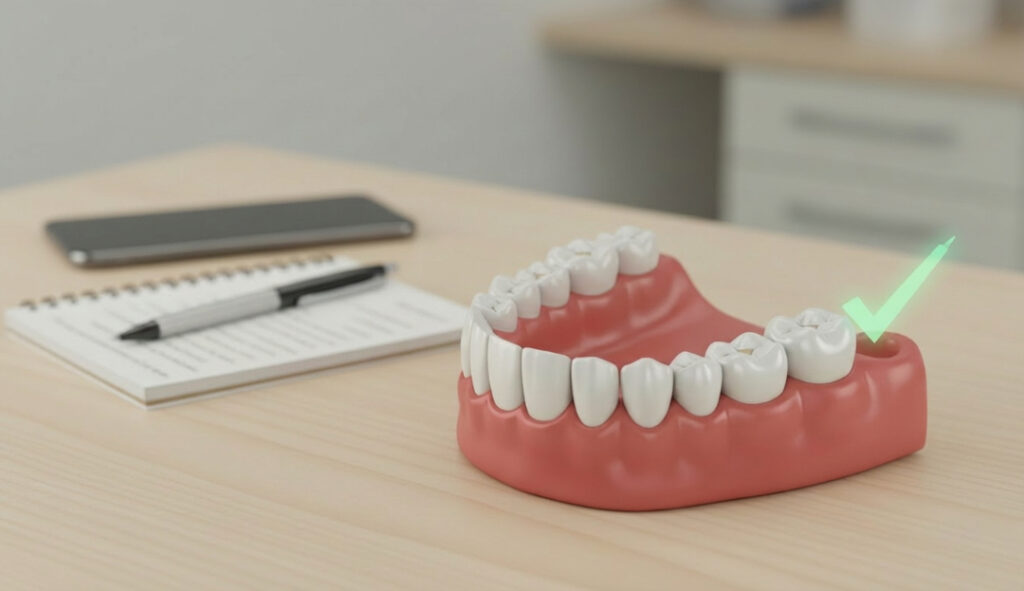
If you think your wisdom teeth are growing back, take these steps:
Possible treatments include:
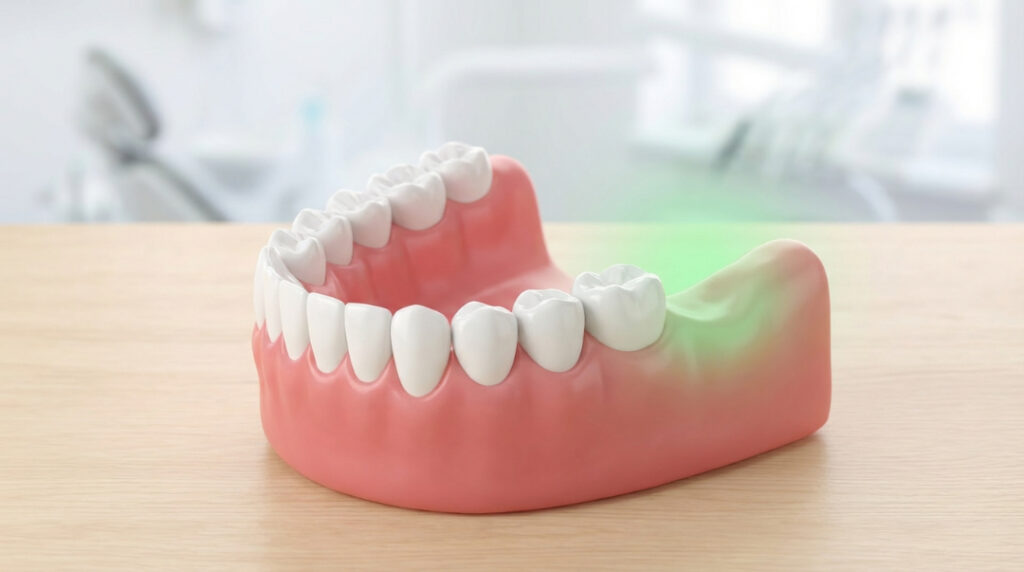
Healing varies by individual but follows general stages. Some patients also explore home remedies like pineapple juice for wisdom teeth, which may help reduce swelling due to its natural anti-inflammatory properties.
Normal sensations include pressure, tingling, and mild sensitivity. Abnormal signs include severe pain, swelling, or pus, which should be checked by a dentist.
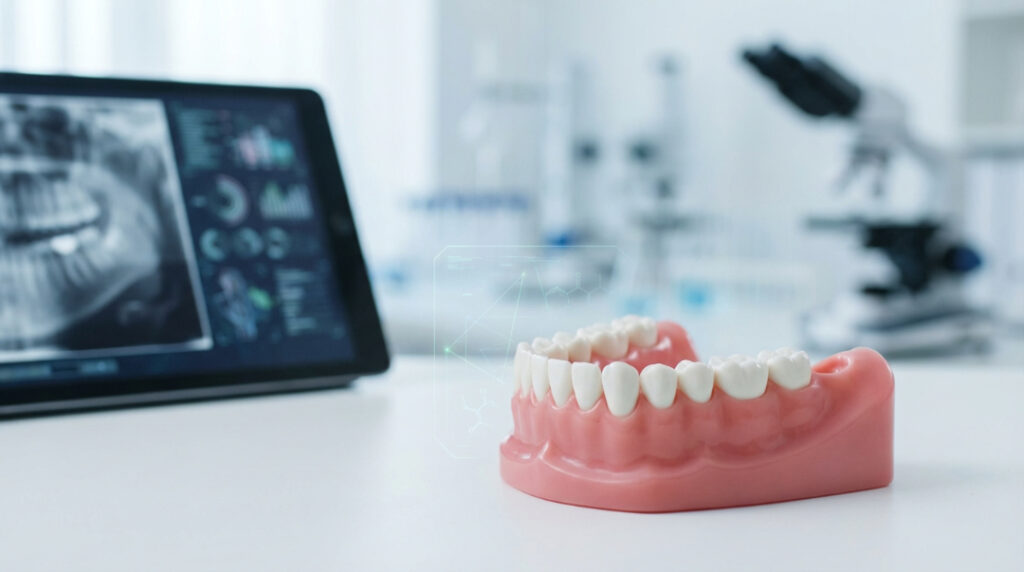
Although permanent teeth do not regrow naturally, researchers have studied dental stem cells. Experiments in animals show some potential for tooth regeneration, but no treatment is available for humans today.
Rare genetic anomalies also exist where individuals develop multiple sets of extra molars, but these are exceptions and not true regrowth of extracted teeth.
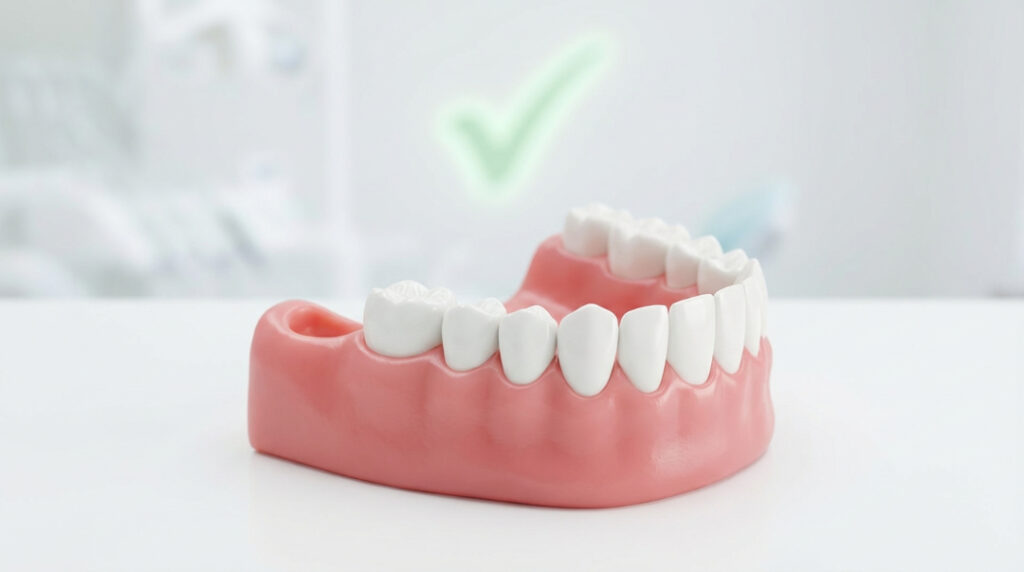
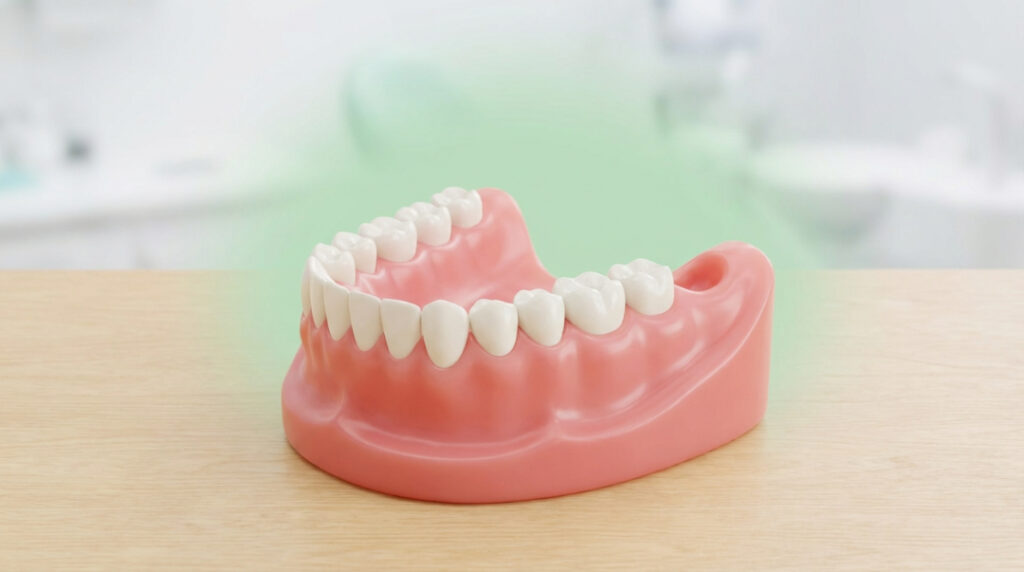
Wisdom tooth removal is a common procedure that improves oral health by preventing impaction, decay, and crowding. When fully removed, wisdom teeth do not grow back. If you feel discomfort or think a tooth is returning, see a dentist for a professional check. Buford Dentist provides accurate diagnosis, treatment, and reassurance for patients with these concerns.